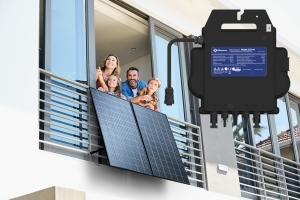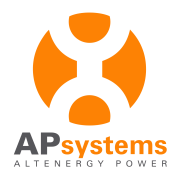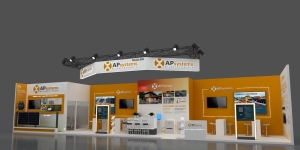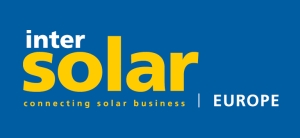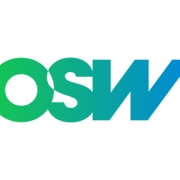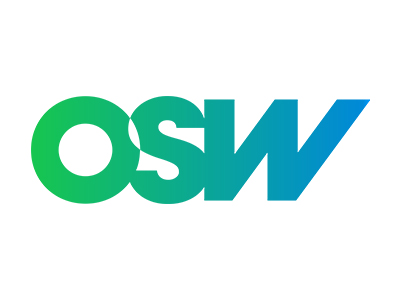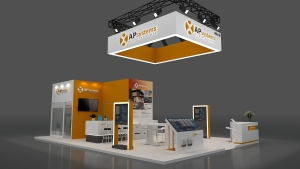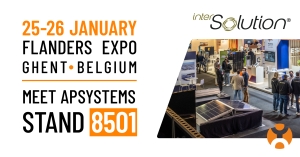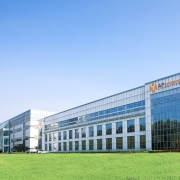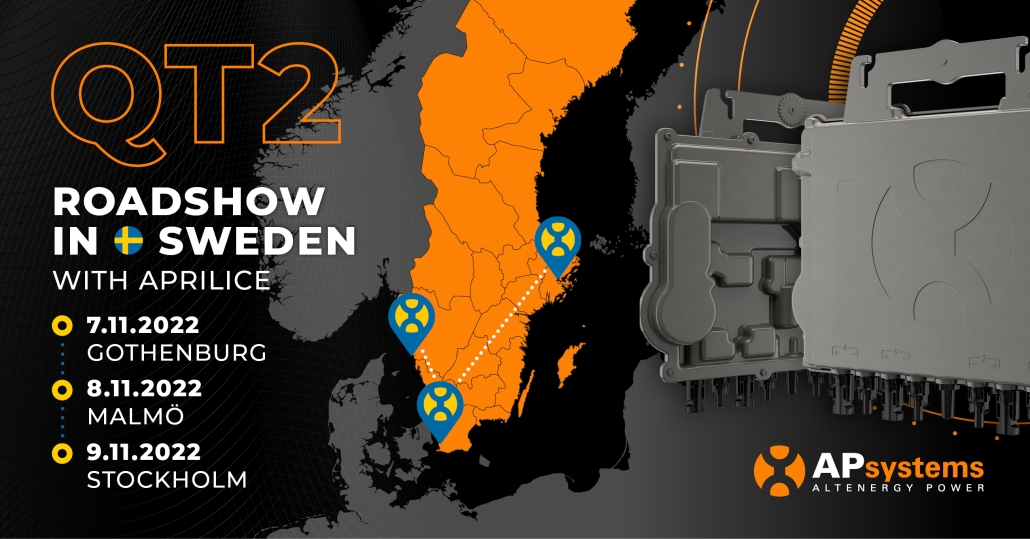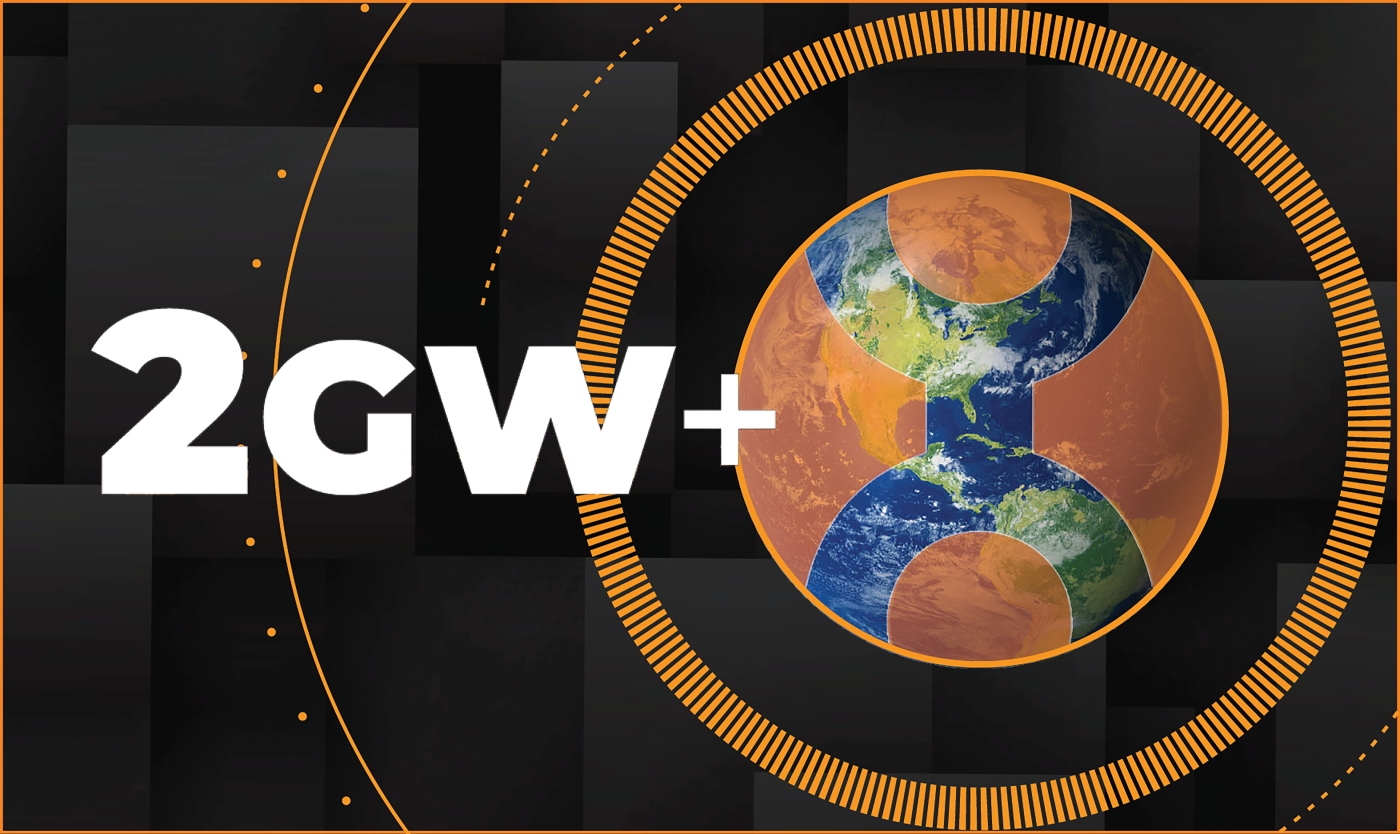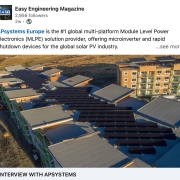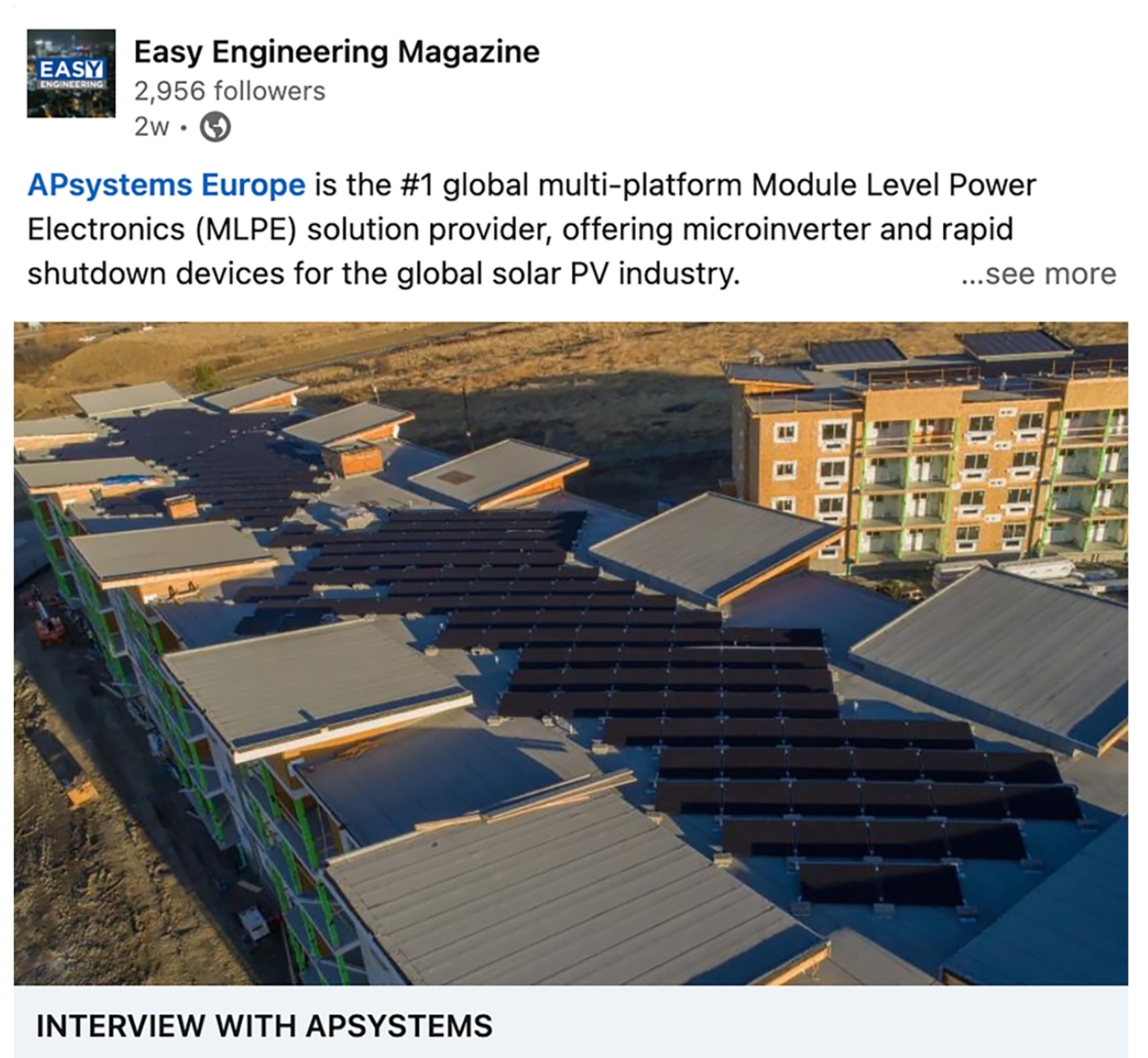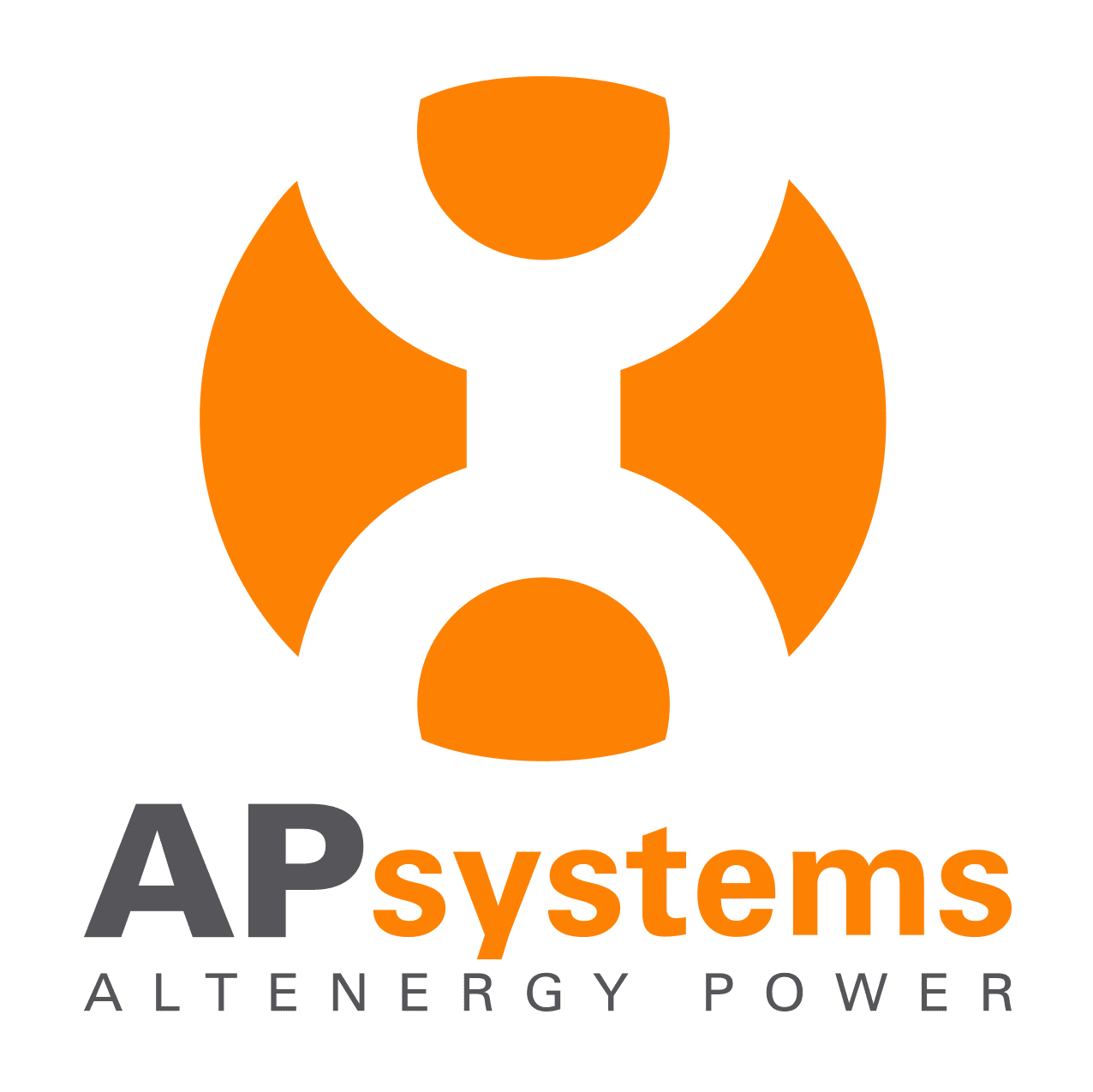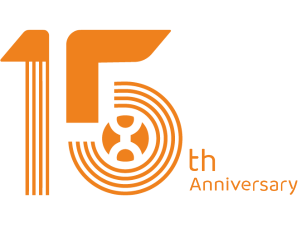The rise of solar balcony solar systems in Germany
The rise of solar balcony solar systems in Germany
Solar balcony systems have become increasingly popular in Germany as a sustainable solution for energy production. These systems typically consist of 2 to 4 solar panels mounted outside a balcony, providing an excellent way for homeowners and renters to generate their electricity and reduce their dependence on grid power.
One of the challenges of solar balcony systems is that they require a reliable and efficient inverter to convert the DC electricity generated by the solar panels into AC electricity that can be used in the home. This is where APsystems microinverters come in as the perfect solution for empowering solar balcony systems in Germany.
APsystems micro-inverters are small and lightweight devices that are mounted on each individual solar panel in the array. These inverters convert the DC electricity generated by the solar panels into AC electricity with high efficiency and reliability.
Unlike traditional string inverters, micro-inverters allow for maximum energy harvest by providing each panel with its maximum power point tracking (MPPT) and allowing them to operate independently. This results in a higher energy yield, improved monitoring capabilities, and increased safety.
The increased popularity of solar balcony systems in Germany is not surprising, given the country’s commitment to renewable energy. Germany has set an ambitious goal of achieving a 65% renewable energy share by 2030, and solar power is expected to play a significant role in achieving this goal. With APsystems micro-inverters, solar balcony systems are becoming even more efficient and effective, making them an even more attractive option for many people.
In conclusion, solar balcony systems in Germany offer a sustainable way for homeowners and renters to generate their electricity, and APsystems microinverters are the best solution for empowering these systems. As Germany continues to prioritize renewable energy, we can expect to see even more growth in the popularity of solar balcony systems with APsystems micro-inverters playing an important role in this trend.
Interested in our APsystems solutions for balcony systems like the EZ1 microinverter, click here.

